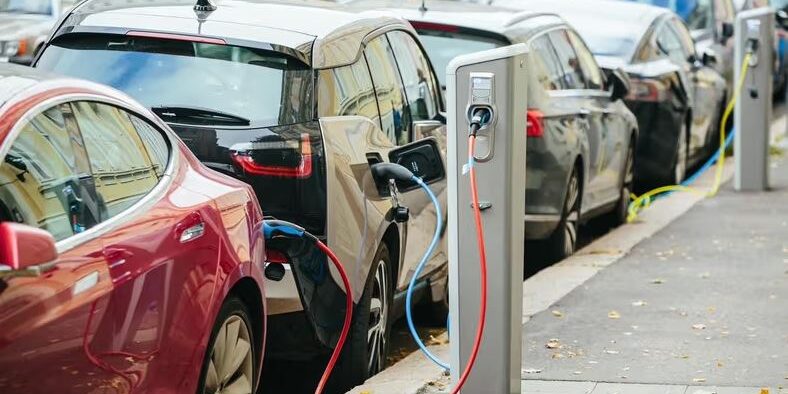
In South Africa’s automotive industry, notable trends are emerging in vehicle importation and transport, shedding light on evolving consumer preferences and logistical strategies.
According to insights shared by Denzil Reddy of SA Cargo in KwaZulu-Natal, two key trends are shaping the sector.
Firstly, there has been a significant uptick in the importation of electric vehicles (EVs) at the Port of Durban.
This surge reflects a growing demand for eco-friendly transportation options in the South African market, indicating a shift towards sustainability and clean energy solutions.
Additionally, the recent arrival of the first hydrogen vehicle via roll-on/roll-off (ro-ro) transport highlights a diversification in the types of vehicles being imported, showcasing innovation and technological advancements in the industry.
Secondly, there is a noticeable shift in the preference of original equipment manufacturers (OEMs) towards containerization for their export and import operations.
This transition is driven by challenges posed by reduced vessel availability in rotation, necessitating more efficient means of meeting deadlines and addressing space capacity concerns.
The increased capacity provided by new entrants in the ro-ro shipping line sector, particularly in the post-COVID era, has played a crucial role in facilitating smoother transportation processes.
These trends underscore the industry’s adaptability to changing demands and logistics challenges. As South Africa’s automotive landscape continues to evolve, stakeholders are embracing innovative solutions to enhance efficiency and sustainability in vehicle importation and transport.





